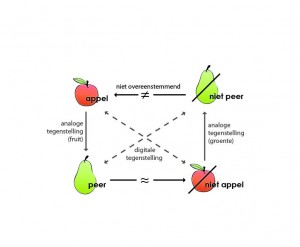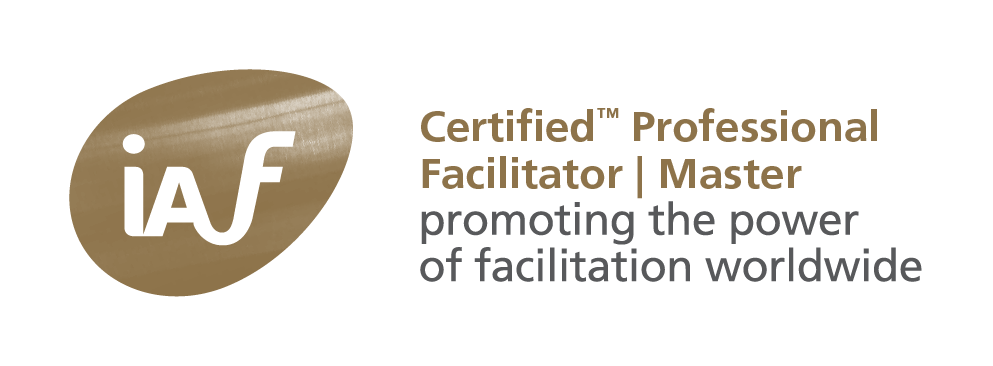
Expressing paradoxes.
In this post, I hope to explain how Piketty’s book, Capital in the Twenty First Century is also the expression of the paradoxes of “Speaking” of “Expressing”.
Paradoxes as emergent phenomena
In “Paradoxes of Group Life”, Smith and Berg show how paradoxes rule our lives. Varela showed in “The Invented Reality” how a paradox also gives rise to emergent properties. This is an autonomous process, again governed by paradoxes. In their own special ways, paradoxes are inventing “reality”, reality is being invented through paradoxes. Spencer Brown shows this without a shadow of doubt. It is not the lack of words, that makes it difficult for me to express “how these paradoxes work”; the words themselves are part of the paradoxes of expression. They’re both the results – emergent – of reality becoming aware of itself and what prevents reality to become aware, I’m afraid.
Against contradiction
A paradox is an apparent contradiction, seemingly an opposition. In fact, a paradox is just the combination of mutually exclusive elements, like female or male, positive or negative, good or bad. The “or” here is the “inclusive-or”, it can be the one, the other or both. The opposition takes part in the system-as-a-whole, for instance in a parliament. (Religion, but this is another story, makes a way to resolution of these paradoxes; that’s why a religion liberates.)
The way paradoxes invoke each other works like this: one side of a paradox expresses itself. It has to, as it is an emergent property. It shows itself, for instance, in “apple” or maleness (use of apple, malus, intentionally). A paradox, has to become “embodied”, like energy, having manifesting itself in a particle. An “apple” or a male is not a pear or a female. Yet, “not a pear” is not an apple, just like “not female” doesn’t bring a”male”. Both aspects, both element invoke other “properties”, for instance “fruits” or “beings”. Male and female contradict each other and complement each other. You cannot have the one with out the other, like a horse and a carriage.
Paradoxes of Expressing
In their third group of paradoxes, the paradoxes of “Speaking”, which I tend to call “Expressing”, they illustrate four interrelated paradoxes: Authority, Dependency, Creativity and Courage. You probably can figure out, why I speak about “expressing” in stead of “speaking”. And also how this paradox is expressing itself. The intergroup paradox associated with this intragroup paradox is “Power”.
To illustrate: a entrepreneur has the courage to create something new and – depending on circumstances (for instance, an i-pad could not exist without a large infra-structure) – becomes successful and an authority. In doing so, he or she changes perceived ideas and opinions, creates a new “market”, while destroying “old” ones. This is the cycle of creative destruction. From this emerges “capital”, the proof of success. (In the old days, lets say Roman or mediaeval times, a capital would be a city)
Cycles
So, as Piketty’s research shows: “wealth or property be-gets wealth”. Irrespective if this is “good” or “bad” for an individual, group or society. The process is explained in “Paradoxes of Group Life”: scarcity creates groups, groups create differences in perspective and these create power differences. These can be applied to … get more wealth and less scarcity, a stronger group and weaker opponents, and more power…. Capital accumulates through cycles. Small initial differences are amplified through repeating cycles, until the run into a limits, posed by other cycles, more often than not invoked through these very cycles.
Wealth is an expression of power and power will get you (more) wealth. Money attracts money. In the end, everything must end. And so does the accumulation of power or wealth. It runs into “stuckness”: a limit imposed by, normally, physical conditions. However, capital is not a physical phenomenon, but a mental one (please note that the word “capital” comes from “capus“, “head”). With the abolition of gold as our currency, there is no physical limit to capital. Also, nowadays, a capital (i’m implying the town) has also become limited as an expression of power. There are still heads of state who want to express their power through buildings. No owner of wealth and power is building its own city, perhaps a campus here or there. We’re now stuck in a financial crisis: a crisis on paper. We’ve arrived at the limits of our current way of thinking. There is no way we can understand the situation we’re in through “normal” understanding. We’re looking paradoxes right in the face and they’re just staring back. We´re heading (use of the word head intentionally) towards a new understanding.
The book (and others, like “The Price of Inequality” and “The Spirit Level“) and the interviews with Piketty, show how we’ve run into “stuckness” through this apparent contradictions.
Wealth, the answer is rather simple, should be shared. What’s preventing us, are the very processes that made us gather wealth in the first place. I’ll deal with these later.




